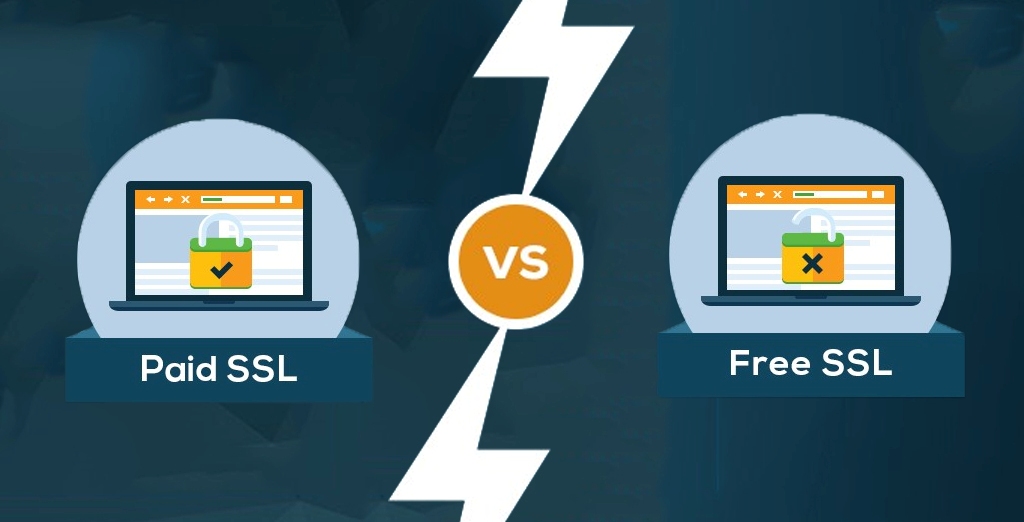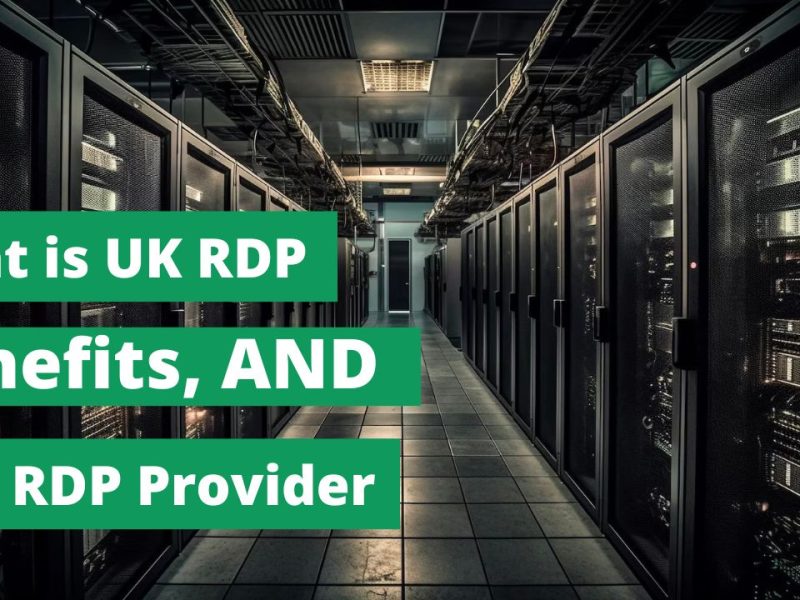Reputable web hosting companies bundle a free SSL certificate in the package for the new customers.
You can name any big companies like NameCheap, YouStable, BlueHost, InterServer and others that offer free SSL certificate in shared web hosting.
Look out for other packages as well, and you can find a paid SSL certificate too. Then why would a company offer a free version in a bundle?
I will dispel the myths and explain the differences between free SSL and paid SSL certificates.
At the end of the article, readers can make a final decision to add one Free SSL or paid SSL certificate available in a package.
What is an SSL certificate?
I can name many newbies reading this article right now and interestingly they have ZERO knowledge about SSL Certificates and what they mean.
Through the communication between website server and browser, a website is displayed on your screen.
Let’s say you’re shopping online and the website doesn’t have an SSL certificate.
Suppose the customer uses credit card details to make a purchase and then needs to enter their full name, credit card number, expiration date, and CVV.

The browser transmits the credit card data to the website server. Meanwhile, the conversation is overheard by third parties,
and the privacy intruder will steal the credit card number. Even a small hacker can steal information with simple hacking tools.
In such cases, we require an SSL certificate, which is a simple solution but an effective layer of security.
The full form of SSL security is the Secure Sockets Layer, which is an advanced encryption. The conversation between the website server and the browser is encrypted by the SSL certificate, which cannot be decrypted.
The industry standard security layer creates advanced encryption that also keeps customers/visitors/data away from hackers, privacy intruders and trackers.
Difference between free SSL and paid SSL
1. Free SSL Certificate
The differences between a free version and a paid version can be explained using the advantages and disadvantages.
Let’s encrypt is the world’s largest provider of free SSL certificates.
Talking about the pros and cons may not bring a definitive solution. I’ll go over the pros first, and then we’ll get to the cons.
ADVANTAGES:
The above four reasons are enough to conclude that the free SSL certificate is worth something.
Don’t jump to conclusions because you need to read the cons as well. I’m going to reveal something no web hosting company tells their customers.
Disadvantages:
Overall, there is no quality control or customer support for the free version.
No company can invest a lot of capital in customer service for a free SSL certificate.
2. Paid SSL Certificate
New customers can exceed expectations of the premium product.
I want to clarify that a premium SSL certificate comes at different prices as the cost increases the number of domains to be protected.
There are valuable packages for multi-domains, sub-domains and others. So be sure to double check them before making a purchase.
Note that one SSL certificate does not protect multiple domains installed in a web hosting, nor does it support subdomains.
Please take a quick look at others Paid SSL certificate packages, which is a bit expensive.
ADVANTAGES:
DISADVANTAGES:
The single domain owner might not have to suffer from buying a premium certificate, but the multi-domain packages will rip customers off. The packages are quite expensive and there is no easier option for the common man to afford them.
Diploma
Professional hackers and privacy violators won’t attack a simple website, business website or small blog because visitors won’t enter credit card and debit card information.
A premium SSL certificate is a necessity for an e-commerce website and websites with a payment option.



